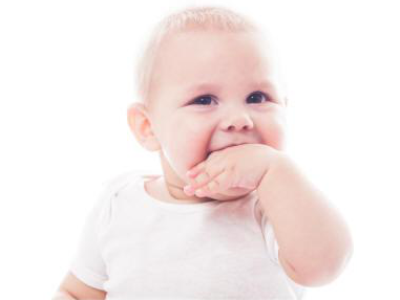 |
A common question that is asked by parents is: “Why should baby teeth be filled, since they will fall out in a short time anyway?”
Primary teeth have been labeled “Baby Teeth.” However, the first tooth usually lost until 6 years of age and some primary molars must function until 12 or 13 years of age before they are replaced! Primary teeth are necessary for proper chewing, proper speech, the proper development of the jaws and for esthetics. Care of the primary teeth is important not only for proper function, but also to avoid a number of unpleasant conditions that result from their neglect. Health:Neglect of primary teeth can result in severe pain and serious infection of the gums and jaws which can in turn seriously affect a child’s general health. |
Permanent Teeth:Tooth decay is an infection which, if left unattended in primary teeth, can spread to adjacent permanent teeth which begin to erupt by 6 years of age. In addition, an infection of a primary tooth can cause significant damage to the developing permanent tooth which lies in the jaw directly beneath the primary tooth. |
|
Esthetics:Children have a need and deserve to appear normal wherever possible, especially in the eyes of other children. Children who appear abnormal because of “missing” or “ugly” front teeth, often become the object of teasing and and ridicule by their peers. |
|
Tooth Alignment:Primary teeth serve to guide the erupting permanent teeth into their proper position. Each primary tooth reserves a space for the permanent tooth that will replace it. If a primary tooth is lost prematurely due to severe destruction or infection as a result of tooth decay, the space it reserves for the permanent tooth may be lost due to subsequent shifting of the adjacent teeth. This results in an inadequate amount of space for the permanent tooth – a major factor causing the need for orthodontic treatment. |
|
